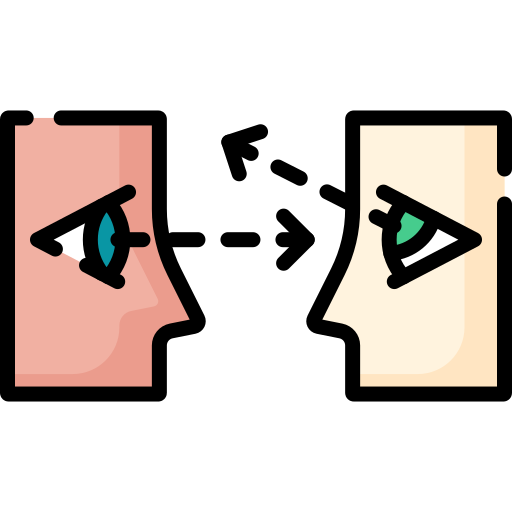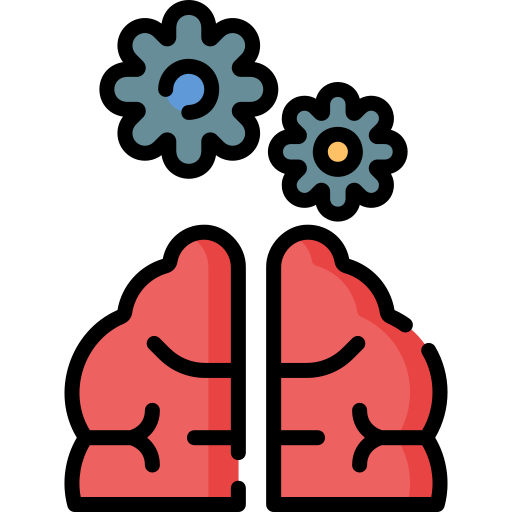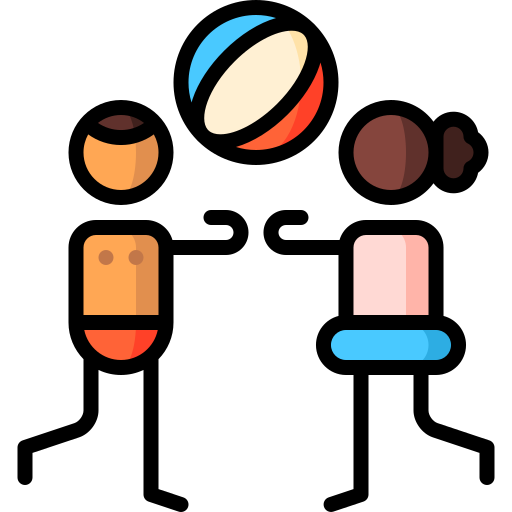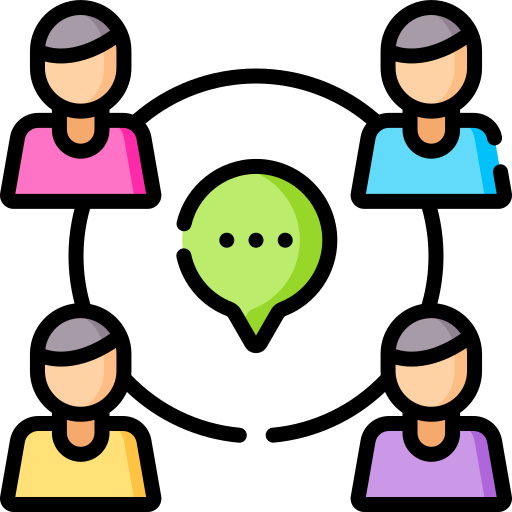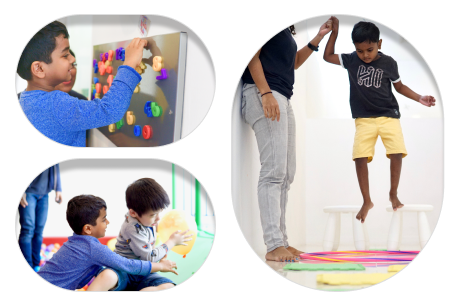
What is Early Intervention Program (EIP)
The early intervention program (EIP) is often a go-to treatment recommended by doctors and professionals for children with developmental delays and disorders including speech delays, autism, ADHD, GDD and general social and behavioral challenges. Early intervention programs must begin early, before the age of 5, and intensive hours to ensure gaps in developmental delays are bridged as quickly as possible.
How We Conduct Our EIP Program
In ABC, most children begin in 1:1 sessions in the early intervention program, and when skills are mastered in a 1:1 setting, children then move into a small group setting (2-3 children) and eventually to school. For best outcomes, early intervention programs should begin as early as possible, between the age of 2-3 years old.
Applying the principles of ABA (applied behavior analysis) in the early intervention program, ABC focuses on teaching/building:
- Communication
- Speech and language
- Eye contact
- Behavior management
- Play skills
- Social skills
- Independence and self-help skills
- Academics including reading, writing and mathematics
- School readiness skills

How We Work
Communication
Through personalized therapy and supportive interventions helping children build strong communication skills to foster connections and express their thoughts and feelings.
Speech and Language
Our personalised speech and language therapy nurture children’s communication abilities, fostering growth and confidence in everyday interactions.
Eye contact
Our Early Intervention Program support children with autism in developing comfortable and meaningful eye contact, to enhance their social communication skills and connections.
Behavior management
We utilize effective behavior management strategies to support children with autism in navigating social interactions and daily routines with confidence and positivity.
Play skills
We focus on developing essential play skills in children with autism, fostering engagement, creativity, and social interaction in a supportive and enriching environment.
Social skills
We focus to help children develop essential social skills, promoting confidence, connection, and meaningful interactions with peers and adults
Independence and self-help skills
With our Early Intervention Program we focuse is to build Independence and develop self-help skills through fostering confidence and autonomy in daily activities.
Academics
We provide support to help children excel in academics, including reading, writing, and mathematics, promoting both learning enjoyment and academic achievement.
School Readiness Skills
We focus on preparing kids for school by developing essential readiness skills, empowering them to thrive academically and socially in a supportive environment.
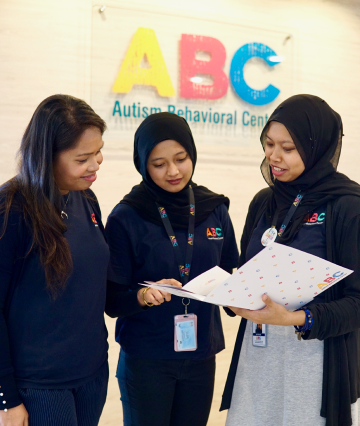
About ABC
In ABC, our Early Intervention Program is available across our 3 branches in the Klang Valley, namely Bangsar (HQ), Subang and Ampang. With a team of over 100 trained therapists, serving our local and expatriate families, ABC is synonymous with premium quality services.

History of the Center
Since 2016, ABC has worked with hundreds of children, many progressing to mainstream schools through our early intervention program.

Overview of the Team/Staff and Their Expertise
Our team at ABC, predominantly an early intervention center in Subang Jaya, and Kuala Lumpur comprises trained therapists who are dedicated to the well-being of the children we serve. Our team, supervised by Board Certified Behavior Analysts and clinical supervisors ensures programs are individualized according to a child’s level and goals set by the family and the team.


